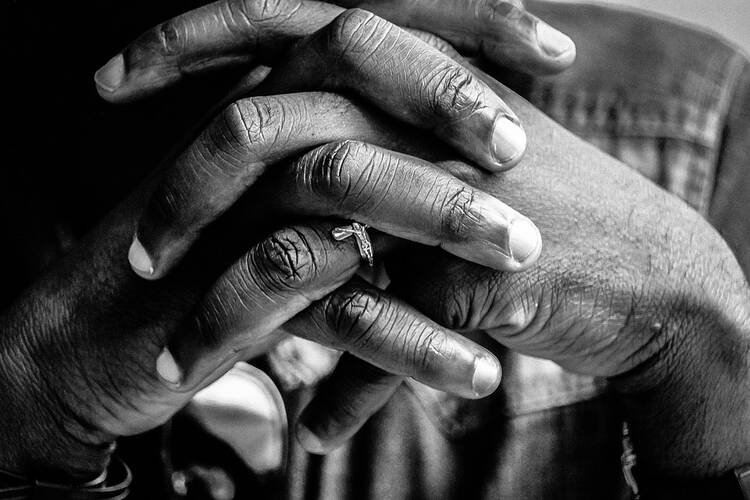Subscribe to “The Examen” for free on Apple Podcasts
Subscribe to “The Examen” for free on Google Play
Now that the Easter Season and Pentecost have concluded, we’re back to Ordinary Time. And that can feel so, well, ordinary, can’t it? If you’re a churchgoing Christian, you might start to think, “Well, there’s not much going on between now and Advent, is there?” But that’s a somewhat skewed way of looking at life, at least at Jesus’s life. Because there’s an awful lot between the time he was born and the time he died—to put it mildly.
Even when you take out Jesus' public ministry—his preaching and healing in Galilee and Judea, which takes up most of the Gospels—you’re left with a big chunk of his life that we know little about. This part of his life, between ages 12, when he’s found in the Temple teaching, and age 30, is called the “hidden life.” The hidden life is the time that Jesus spent in Nazareth, growing up as a boy, learning to be a carpenter and then working as a carpenter. Remember, he’s called “carpenter” more than he’s called “rabbi” in the Gospels.
Now, one reason that there’s little about the hidden life in the Gospels is probably because it was so ordinary. And yet Jesus is no less the Son of God when he is sawing a piece of wood in his workshop in Nazareth. That ordinary life helped to form something extraordinary. This week, why not ask yourself: What ordinary parts of my life do I want to thank God for? Maybe they’re more extraordinary than you think.








